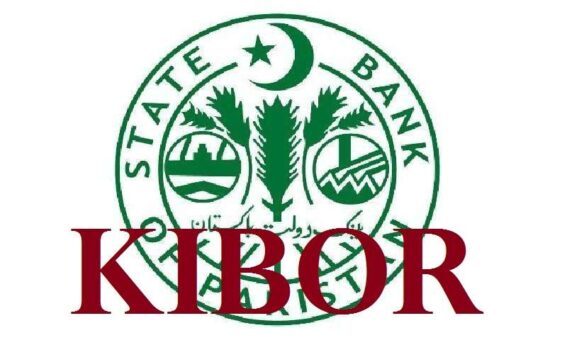KARACHI: The value of mobile banking, internet banking and e-commerce transactions all more than doubled during the third quarter of 2020/2021 when compared with the same period last year, State Bank of Pakistan (SBP) said on Monday.
Encouragingly, the number of internet and mobile banking users has also been increasing significantly, up 30.5 percent and 20.3 percent respectively during Q3FY21 over same period last year.
The State Bank of Pakistan released its Quarterly Payment System Review (QPSR) for the third quarter, January – March 2021, of the fiscal year 2020-21 today, which shows strong growth in the space of digital financial transactions in the country.
During Q3FY21, bank customers performed 309.5 million e-Banking transactions, valuing Rs22.5 trillion and registering growth rates of 31 percent by volume and 29 percent by value over the same quarter last year.
Most of the uptake in e-banking transactions was seen in internet banking and mobile banking transactions. The volume of mobile banking transactions reached 51.7 million, (up 144 percent) valuing Rs1.3 trillion (up 178 percent) compared to 21.2 million transactions valuing 467.5 billion in the same quarter, last year.
The number of registered mobile phone banking users reached 9.8 million showing an increase of 20 per cent from the same period last year. Similarly, 24.5 million internet banking transactions valuing Rs1.5 trillion were recorded during this period compared to Rs0.75 trillion in the same quarter last year, registering a growth of 74 per cent by volume and 109 per cent by value.
In response to SBP’s measures to incentivize the installation of Point of Sale (POS) machines to facilitate digital payments through debit or credit cards in the country, the number of POS machines have shown a substantial growth of 37 percent when compared with the same period last year. On these POS machines, 25 million card-based transactions amounting to Rs124 billion were processed showing an increase of 28 percent by volume and 21 percent by value compared to the same quarter last year.
The increase in the number of POS machines this year can be attributed to the measures that SBP took early last year which included the reduction in interchange fee on debit card payments thus improving the share of acquirers from overall merchant discount rate (MDR).
Non-cash based e-commerce transactions also increased substantially in the country during Q3FY21; e-commerce merchants processed 5.6 million transactions digitally amounting to Rs15.3 billion compared to 2.8 million transactions valuing Rs7.1 billion in Q3FY20, showing an increase of 100 percent by volume and 115 percent by value from the last year.
Total number of payment cards issued in the country stood at 44.5 million out of which 28.6 million are debit cards and 1.7 million are credit cards. Further, 6.4 million social welfare cards have been issued by banks on behalf of BISP, EOBI, Ehsaas and other government organizations and schemes.
It is worth mentioning that during the last few years, digital payment transactions in Pakistan have shown significant growth, reflecting the impact of favorable policies of SBP to incentivize customers.
Expansion in digital payment infrastructure as well as emergence of new payment aggregators have also played their role in this growth. In line with its declared objectives to digitize payment and financial services, SBP will continue promoting digitization in the country and expects the industry to e reciprocate the efforts that will in turn increase convenience for people of Pakistan.


